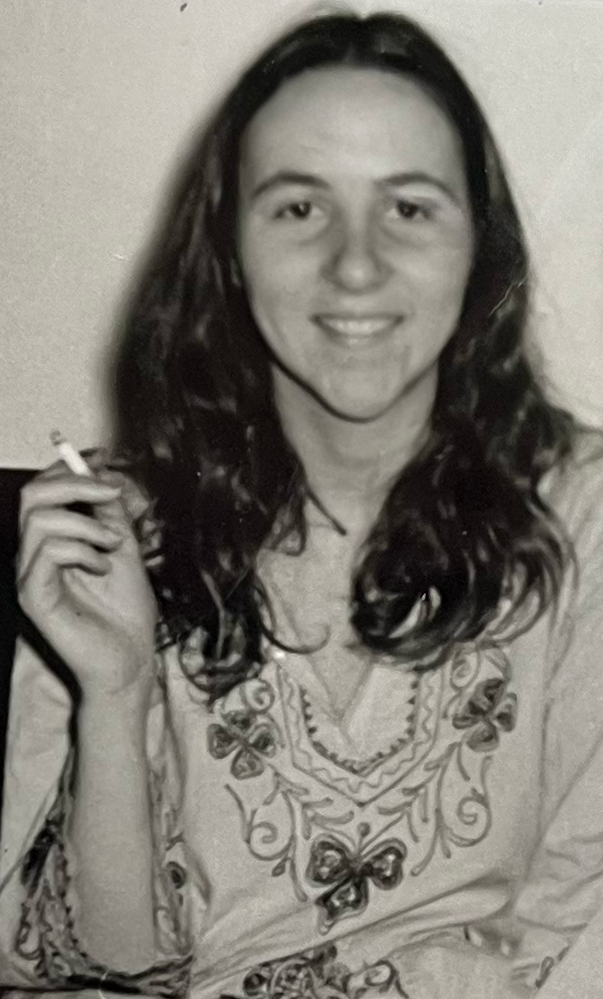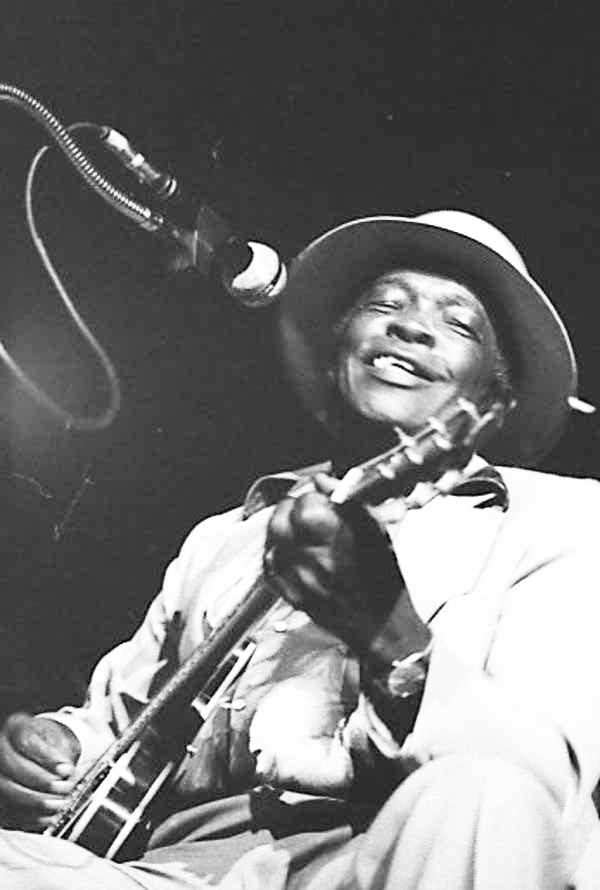

Blues, Blunts and Boogie: Hanging Out with John Lee Hooker
ARTICLE
Dorothy Robertson
8/13/20254 min read
It’s not often a legendary bluesman, who changed the direction of rock music, creates a song about you. The current resurgence of headliners from the 70s through tours, albums and movies brings back the memory of hanging out with John Lee Hooker. Named “The King of Boogie,” Hooker’s one-chord compositions, growling vocals, and rhythmic electric guitar style made him one of the most important historical links between the Blues and Rock and Roll. His influence has been acknowledged by the Stones, the Animals, the Yardbirds, AC/DC, Van Morrison, Eric Clapton, Bob Dylan, Canned Heat, the White Stripes, ZZ Top, George Thorogood, Bonnie Raitt, The Doors, Santana, and Cat Power–to name just a few.
Yet, despite the blazing intensity of his music, I found him humble and soft spoken in person.
In the 70s, the blues scene was big in Toronto. BB King, Muddy Waters, Howlin’ Wolf, Buddy Guy, Sonny Terry and Brownie McGhee, Bonnie Raitt, and John Hammond were regulars. I went to as many concerts as I could afford but had no direct intention of meeting John Lee Hooker. It was an accident of fate. As there were no cell phones or readily available cameras at the time, just the cherished memory remains. My girlfriend was travelling with the drummer in a blues band. She called to let me know she was in town. I knocked on the door of a cheap motel out on Lakeshore Blvd and Emma opened it. We squealed in delight to see each other again and hugged. The sun was lighting up the living room, glinting off Lake Ontario. The place was clean but tired, late 50s, early 60s decor. Sitting in the living room/kitchen/dining room of the suite, she and her boyfriend were happy to know I had brought a joint to smoke (Rochdale’s finest).
I looked up and coming down the hallway with his guitar leading the way was the legend himself. I caught my breath. He had such a presence that he filled the room even though he wasn’t a big man. He was unexpectedly handsome, too. I was awestruck as I stood and shook his hand, “Hi, I’m Dorothy.” He sat on the worn and faded couch. I said, “I have to apologize that the booking agent put you up in this place. You should be in a better hotel downtown.”
He just grinned. At that time, black people were banned from many hotels in the American South. The civil rights marches of the 60s had highlighted the violent repression and we’d seen the raw hatred on the nightly news. The movie Easy Rider had come out, about two hippies on motorcycles travelling America. Its explosive, violent ending in Louisiana shocked me to my core. I vowed I would never travel to any place like that. I couldn’t know what it was like for a black musician to travel through that heart of darkness.
“I think you’re very brave, being a black man and travelling throughout the South,” I said. “I don’t know how you do it.” He just smiled again. He was a man of few words until he sang.
We burned the evidence, and he started strumming on his guitar. His black patent leather shoe striking the linoleum floor back and forth in rhythm. After a few songs, he took his hat off and placed it carefully beside him. He sang out “White chick named Dorothy, came to see me today.” I didn’t think I could have gotten higher until that moment.
He asked me to name my favourite song. “Mean Old Train,” I replied. A blues song relating to loneliness and longing but with a sense of hope.
The guitar strings sprang to life, his left foot resumed the beat and that voice pushed out so much raw emotion, weaving and warbling through the lyrics.
I floated home after confirming I’d be in the audience for his show the next night at the El Mocambo on Spadina.
Emma and I met outside the club and then sat at a small round table two rows back from the stage. The band bounded out and took their places, then The Hook came onstage. The audience filled the room with anticipatory applause. They weren’t disappointed. “Boom, Boom, Boom” and “Serve You Right To Suffer” were just two of the many crowd pleasers that night. They were boisterous and appreciative. After a few songs, he spotted me, pointed, and said: “This next song is for my friend Dorothy.” I didn’t expect that but was delighted when “It’s a Mean Old Train” rang out.
After Toronto, John Lee Hooker went on to receive the accolades he deserved. Inducted into the Blues Hall of Fame in 1980 and The Rock and Roll Hall of Fame in 1991. Winner of 4 Grammy’s including Lifetime Achievement Award in 2000, he also played a cameo role in The Blues Brothers movie.
John Lee Hooker passed in 2001, aged 84 or 89. His birth date was not recorded, but next June 21 I’ll drink One Bourbon, One Scotch, One Beer to toast the 25th anniversary of his final boogie.


John Lee Hooker, Massey Hall, Toronto 1978
RUNNING MAN PRESS
CoNTACT
info@runningmanpress.ca
© 2024. All rights reserved.
ads@runningmanpress.ca
